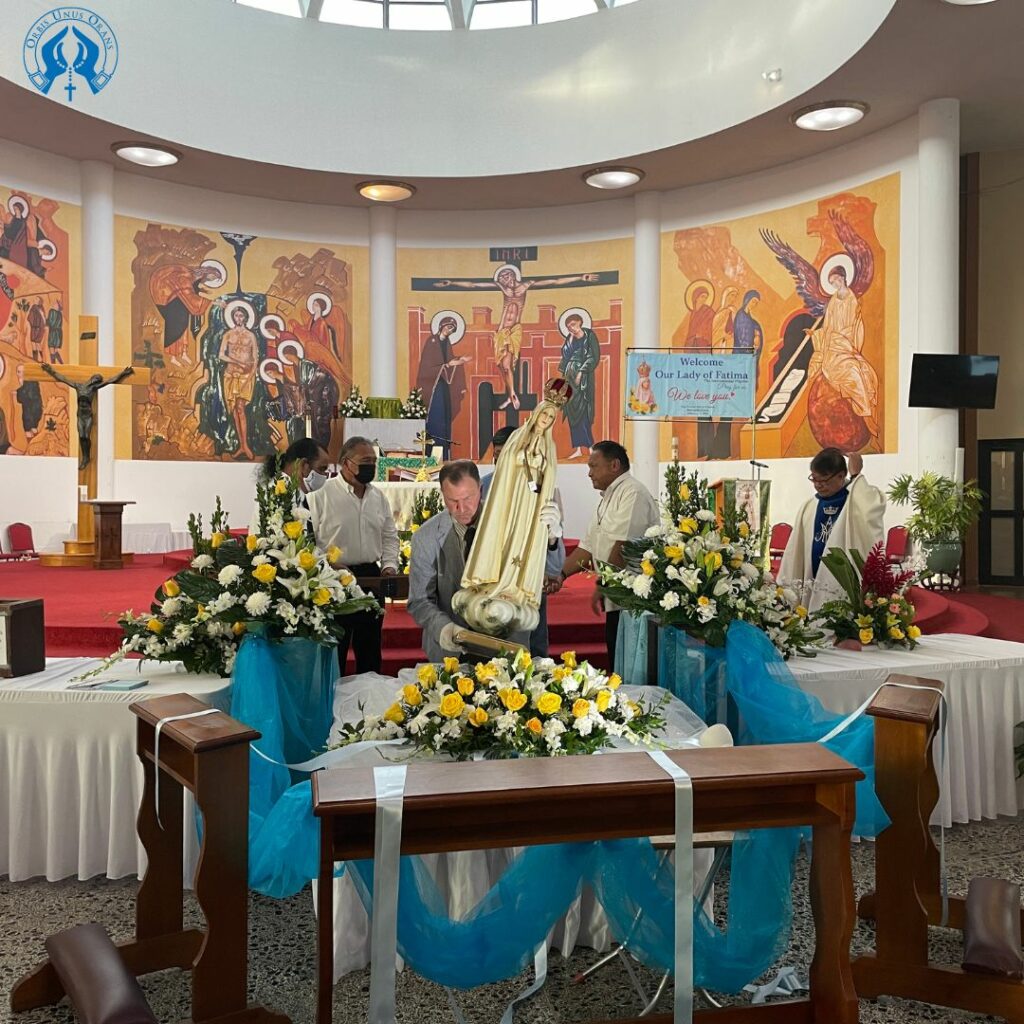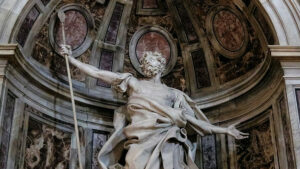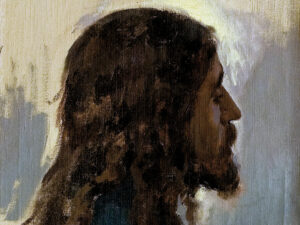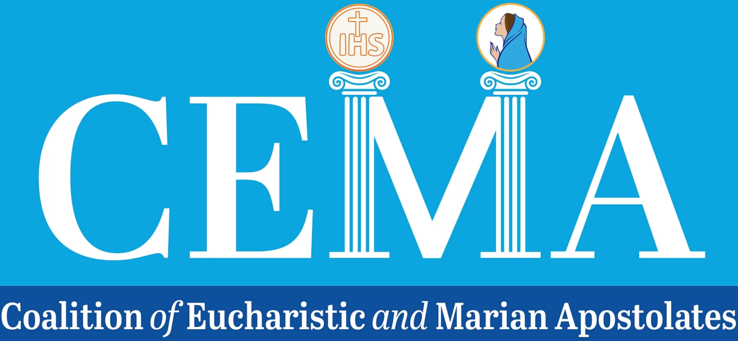

By Deacon Bob Ellis –
The call to Eucharistic reparation is very much a part of Fatima, but interestingly, it did not come from Our Lady. She did not ask for it during any of her six apparitions in 1917. While she did talk about turning away from sin and back to God, she spoke mostly about God’s desire for the establishment of devotion to her Immaculate Heart and reparation for sins committed against it, especially in the First Saturday devotion.
The call to Eucharistic reparation is found in the third apparition of the angel, in the prayer he taught them, called the Angel’s Prayer:
Most Holy Trinity; Father, Son and Holy Spirit, I adore You profoundly. I offer You the most precious Body, Blood, Soul and Divinity of Jesus Christ, present in all the tabernacles of the world, in reparation for the outrages, sacrileges and indifference with which He is offended. By the infinite merits of His most Sacred Heart and the Immaculate Heart of Mary, I beg of You the conversion of poor sinners.
Then, as he was giving them Holy Communion, he spoke these words: “Take and drink the Body and Blood of Jesus Christ, horribly outraged by ungrateful men. Make reparation for their crimes and console your God.”
While we make reparation for all sins when we sanctify our daily lives by offering our sufferings, Eucharistic reparation is different in two respects. First, it is done most efficaciously, although not exclusively, in the presence of the Holy Eucharistic. Second, its specific focuses are the outrages, sacrileges and indifference, so offensive to Our Lord.
What are the outrages? Some examples are the desecration that occurs when churches are sacked; the use of stolen Hosts in satanic rituals; sacrilegious communions repeatedly committed by public manifest sinners who support abortion, infanticide and euthanasia.
What are the sacrileges? The reception of Holy Communion when not in a state of grace; failure to consume the Host immediately and discarding it later, or worse, giving it to others who have intent to desecrate it.
Indifference is most often manifest in the ignoring of Our Lord’s Real Presence – our failure to visit Him; our failure to acknowledge Him when passing by a church; our failure to reverence Him upon entering a church; and our failure to avail ourselves of chapels of perpetual Eucharistic Adoration. We can also exhibit indifference when our reception of Holy Communion becomes a meaningless ritual act where we disregard the grace that God wants to give us.
We can offer Holy Communions in reparation for the outrages, sacrileges and indifference. We can visit Our Lord in any church anytime (difficult at this time due to the pandemic) to make Eucharistic reparation. We can frequent a Eucharistic Adoration Chapel and console Our Lord. We should pray the Angel’s Prayer often, especially when in Jesus’ presence. At the close of each period of Eucharistic reparation, we should pray “Most Holy Trinity I adore You, my God, my God, I love you in the Most Blessed Sacrament” seven times. Why seven times? Because in scripture the number seven signifies completeness and/or Divine perfection. What better way to end our time with the Lord.
May the Heart of Jesus in the Most Blessed Sacrament be praised, adored and loved with grateful affection at every moment in all the tabernacles of the world even until the end of time! Amen.


Deacon Bob Ellis is the National Coordinator for the World Apostolate of Fatima, USA. He wrote this article for the Spring 2019 issue of Soul Magazine.











